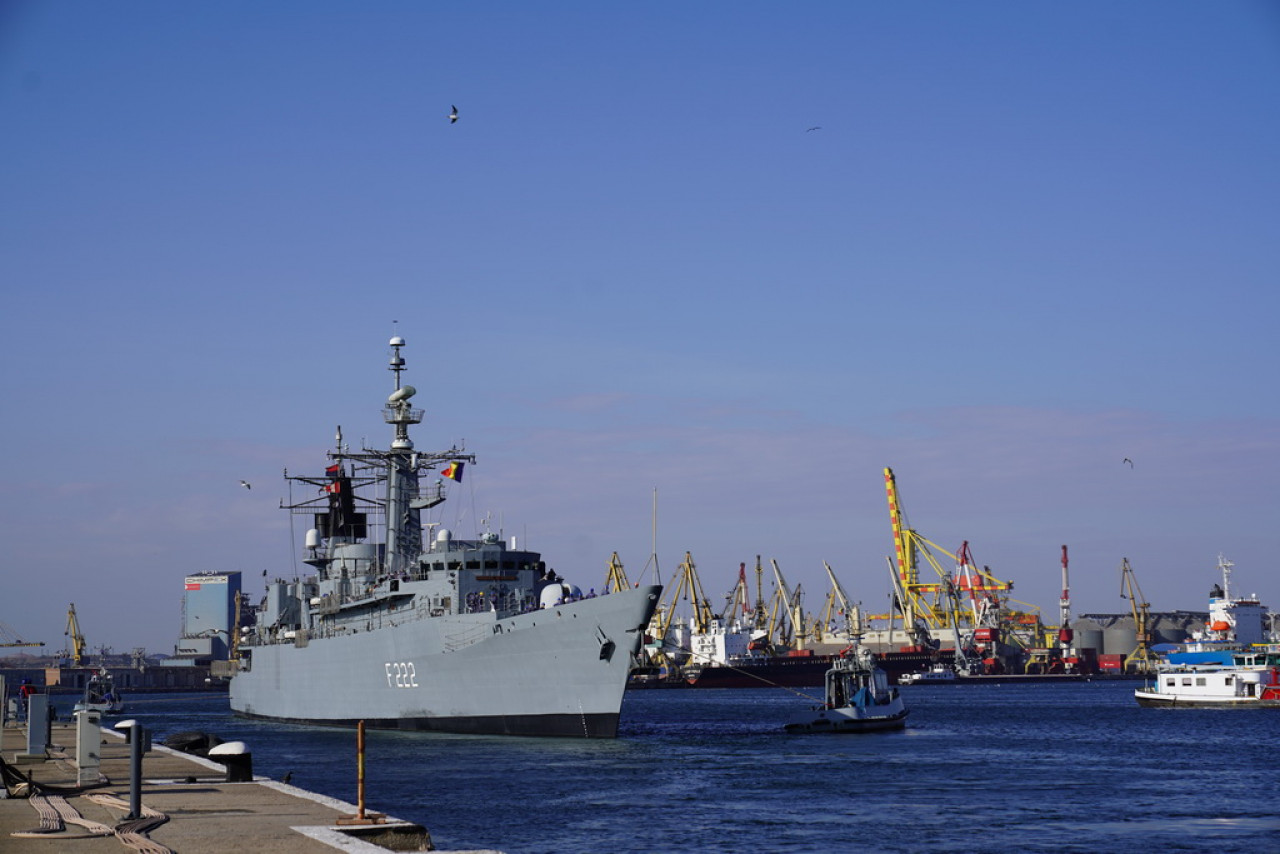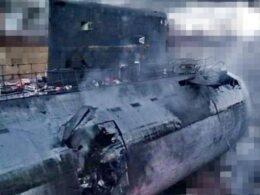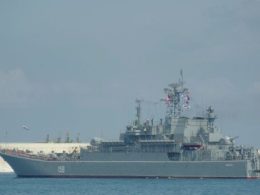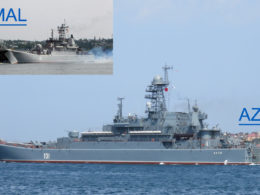According to the press service of the Romanian Naval Forces, military personnel from the US, Bulgaria, France, the United Kingdom, Romania, Türkiye, and Ukraine will also participate in the exercises.
The exercise will be led by the Naval Component Command Vice Admiral Ioan Georgescu. The primary objective of these naval exercises is to develop operational and tactical interoperability among the participating nations, particularly in countering explosive hazards such as maritime mines to ensure freedom of navigation.
From the Romanian side, the naval assets and personnel involved will include the dredger Sublocotenent Alexandru Axente, the high-speed diving ship Venus, the armored boat Posada, three amphibious armored personnel carriers, assault boats, and other naval vessels. Furthermore, experts specializing in explosive ordnance disposal, marine infantry, and senior officers will participate.
The US contribution to the exercises includes the maritime patrol and reconnaissance aircraft Poseidon, diver-engineers with boats and specialized equipment. Other participating countries will contribute divers, specialists in explosive ordnance disposal, and senior officers.
The exercises will take place shortly after Russian intense drone attacks on Ukraine's seaports and Russian withdrawal from the grain deal. Withdrawing from the deal, Russia aims to blackmail the world by hunger in order to have sanctions lifted. Russian forces have been consistently targeting Ukrainian ports on the Danube and blocking navigation in the Black Sea.
Russia’s exit from the Grain Deal
- On 17 July 2023, the Russian Federation withdrew from the Black Sea grain initiative, an UN-brokered agreement to unblock Ukraine’s ports and export its grain, and stated that it would not guarantee that it will not attack civilian vessels after that date. The Ukrainian defense ministry mirrored Russia’s threats to ships at sea.
- After that, Russia launched massive missile attacks on Odesa and the region with missiles and drones, destroying ports, granaries, residential buildings, and other facilities.
- NATO has condemned the Russian attacks but has thus far only vowed to increase surveillance. Meanwhile, Ukraine has changed the course of its grain corridor so that it stays within Romanian waters. Reportedly, the US declined Ukrainian requests to escort commercial vessels in the waters of NATO countries to ensure that the grain corridor keeps functioning.
- The Institute for Study of War has observed that Russia seems intent on enforcing a de-facto naval blockade of the Black Sea by intimidating civilian vessels in it. Particularly, a Russian warship told a ship that sailing to Ukraine could get it treated as a military target, according to an intercept shared by Ukrainian officials on 28 July.
- Nevertheless, on 31 July, merchant vessels sailed through Ukrainian territorial waters to ports on the Danube and Ukraine’s Navy opened up registration for civilian ships to use the new corridors in the Black Sea.
- Since then, ships are successfully sailing from Ukrainian ports through the corridors.
UK to monitor Black Sea against Russia’s “weaponization of Ukrainian grain”





